Grief and Bereavement
Community Hospice & Palliative Care offers grief and loss services for those who have experienced the death of a loved one and who may need support or guidance in dealing with their sorrow.
Grief Services
If you or someone you know has experienced the death of a loved one, the support of others can play an invaluable role in the healing process. All Community Hospice & Palliative Care bereavement services are free of charge to hospice families for up to 13 months after a loved one’s death. Select services are also offered to the community free of charge.
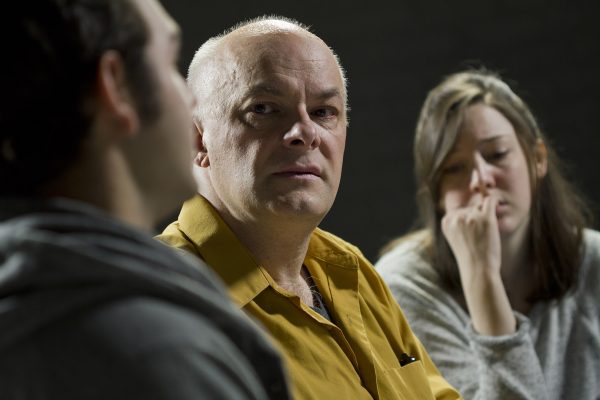
Individual and Family Counseling
Community Hospice & Palliative Care bereavement counselors provide individual, family and children's ...
counseling to help those who have experienced the death of a loved one and who may need support or guidance in dealing with the grief associated with that loss.
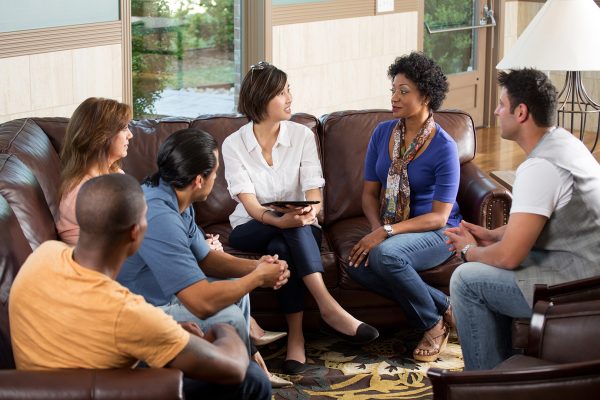
Group Counseling
Support groups provide a safe place to explore and express your grief in a comfortable setting, and bond ...
with others who have experienced loss.
We offer daytime and evening therapeutic grief support. Groups are led by our professional grief counselors and meet on the same day/night of the week.
A program for the newly bereaved designed to help identify common grief reactions and to learn ways ...
to heal after the death of a loved one.
This free workshop provides grief education and emotional support within a safe, secure environment.
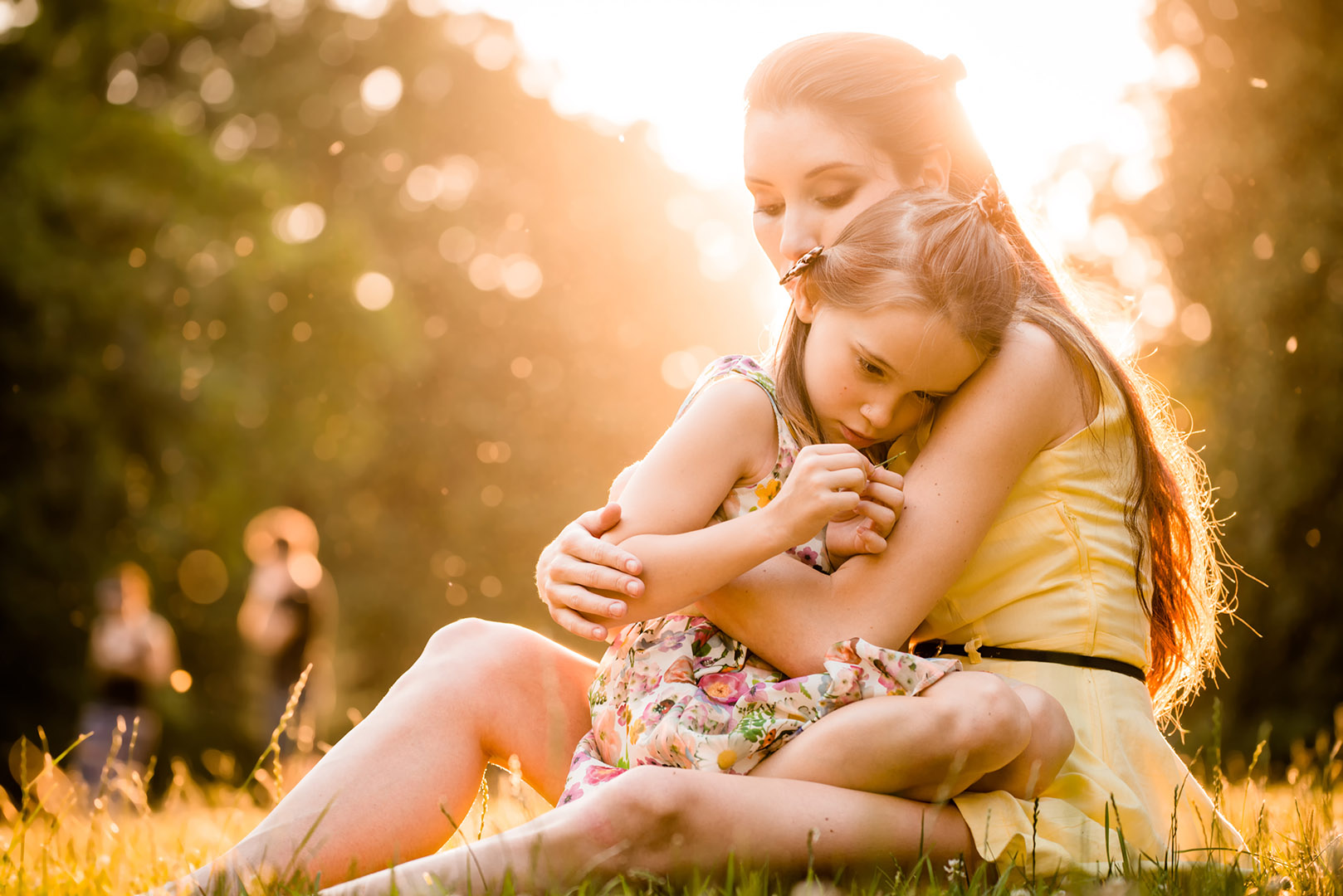
Holiday Grief Support
Hope for the Holidays is a workshop for families, friends and caregivers who have experienced the death ...
of a loved one to help them reflect on their loss and learn coping skills.
Candlelight Service of Remembrance is an annual ceremony held to celebrate and honor the memory of loved ones who have died.
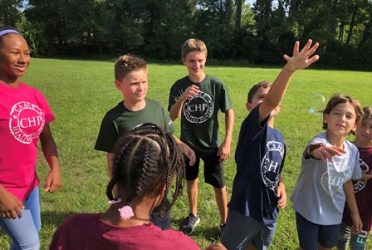
Children
Grieving the loss of a loved one is difficult, especially for a child. Bereavement counselors provide ...
individual and family counseling to help children who have experienced the death of a sibling, parent, grandparent, friend or other loved one and who may need support or guidance in dealing with the grief.
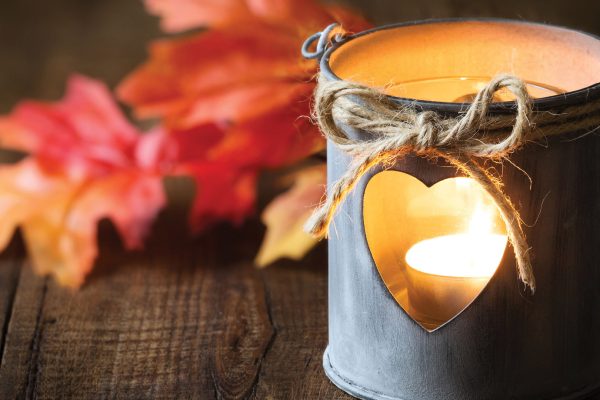
Camp Healing Powers®
A therapeutic camp where children can express their feelings about the loss of a loved one in a supportive ...
environment and learn coping skills to help them navigate their grief journey.
The camp allows children, ages 7 to 17, the opportunity to meet and bond with other campers experiencing a similar loss.
Answers to Your Questions
We understand that grief and loss can bring up many questions. To help guide you through this difficult time, we’ve provided a few frequently asked questions below. If you or your loved one would benefit from grief and bereavement support, please get in touch with our team at 866.253.6681.
Caregivers and patients may exhibit grief reactions to a death, even if that death has not yet occurred. These are normal reactions to loss and may help you prepare for the emotional intensity of grief after the death has occurred.
Anticipatory grief takes many forms, most often fears about actual or possible losses. These may include fears of:
- Living life without your loved one
- Breakdown of family structure
- A new beginning — taking a road not traveled
- Losing your social life
- Losing companionship
- Losing independence
- Losing control
There are many symptoms of anticipatory grief, some of which are listed below. How many of these have you experienced since you became a caregiver or seriously ill?
- Tearfulness
- Constant changes in emotions
- Depression
- Emotional numbness
- Poor concentration
- Forgetfulness or poor memory
- Loneliness
- Denial
- Acceptance
- Fatigue
When experiencing anticipatory grief, there are many ways to smooth the road you are traveling.
- Go for short walks
- Keep a journal
- Plan for the future
- Seek spiritual assistance
- Talk to someone, such as a friend, family member, clergy, or Community Hospice & Palliative Care representative
- Make changes only as needed, and put off major decisions
- Do things you want to do now
- Spend time with loved ones
- Call your physician if the physical symptoms of grief become overwhelming
- Join a caregiver support group
You have the right to:
- Say time out
- Tell it like it is
- “Bah humbug” days
- Do things differently
- Be where you want to be
- Have some fun
- Change directions in mid-stream
- Do things at different times
- Rest, peace and solitude
- Do it all differently again next year
Empower Our Mission
The Foundation of Community Hospice & Palliative Care generates philanthropic and community support for patient care services, family needs and community programs.
Quick Links
Click below to learn more about our Hospice Care, Palliative Care, and Advance Care Planning programs.

Hospice Care
Hospice care is appropriate for people who have received a prognosis of 12-months or less to live. (6-months for Medicare)

Palliative Care
If you or someone you love lives with a serious or complex illness, palliative care can help, regardless of your age or the stage of the illness.

Caregiver Support
If you or someone you know has experienced the death of a loved one, the support of others can play an invaluable role in the healing process.

